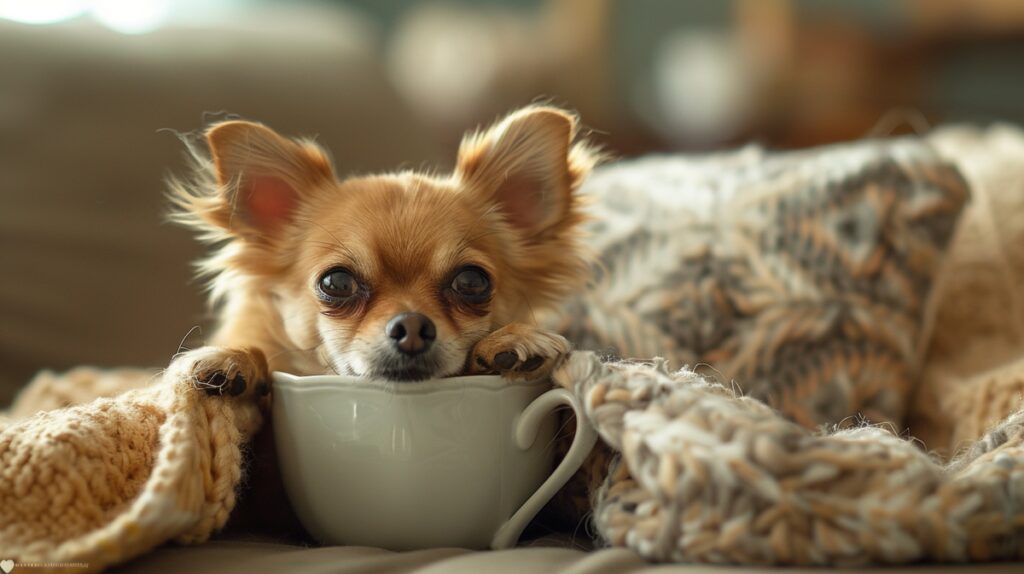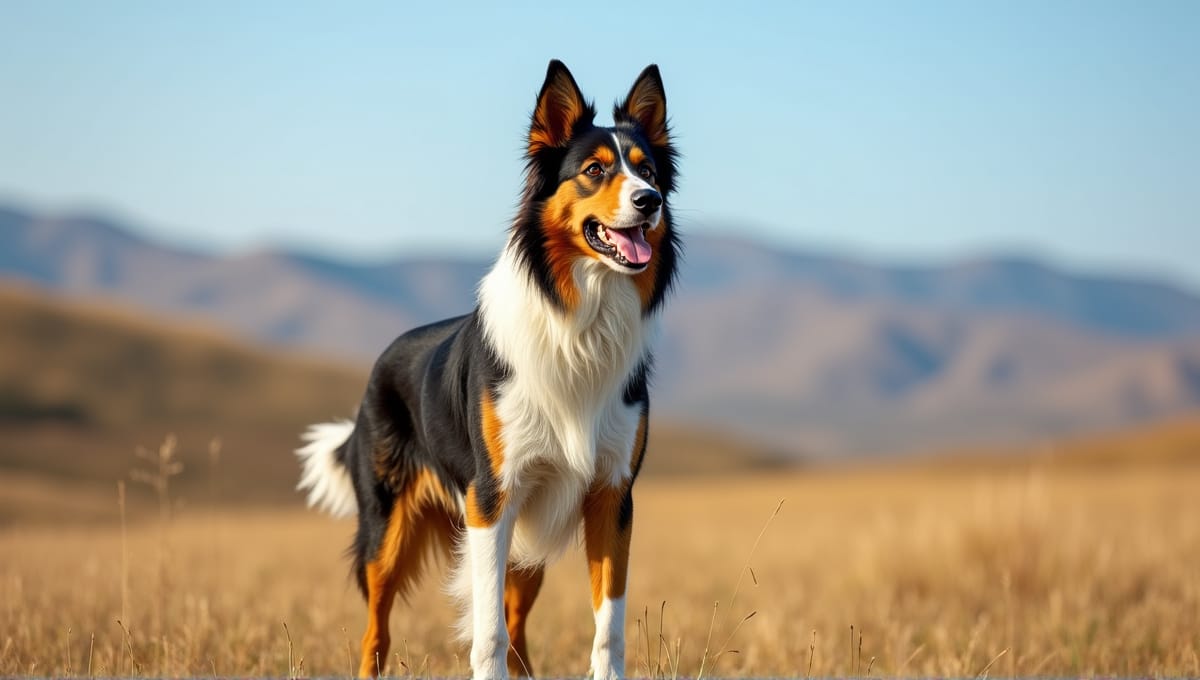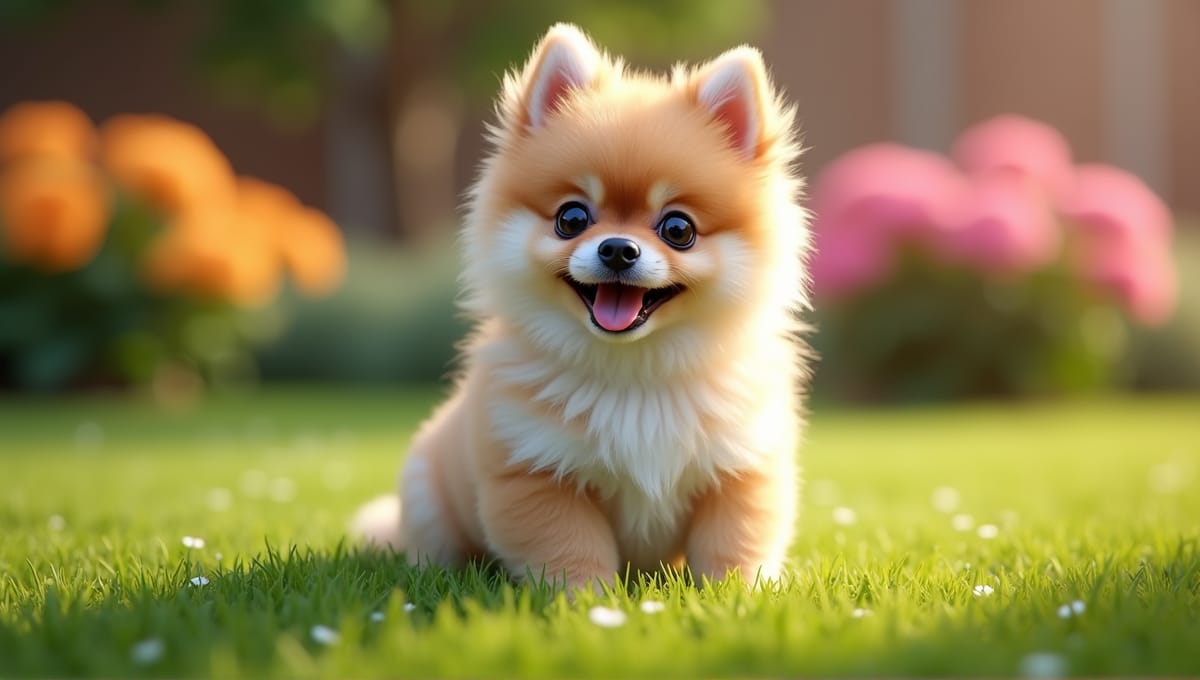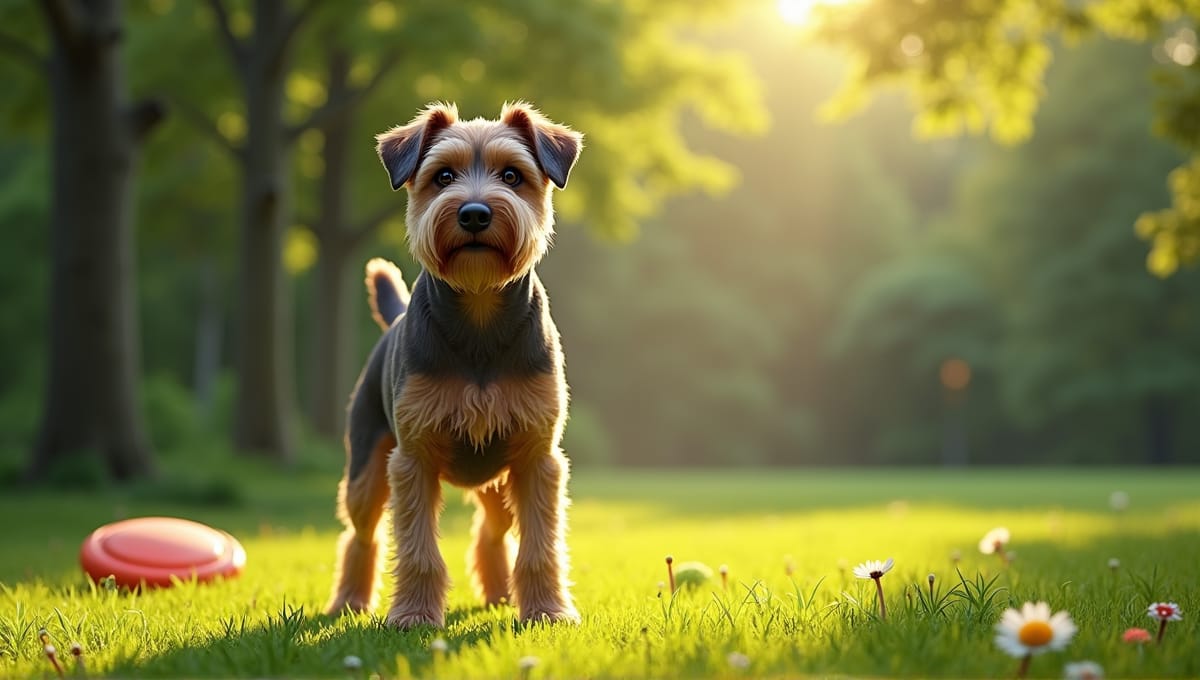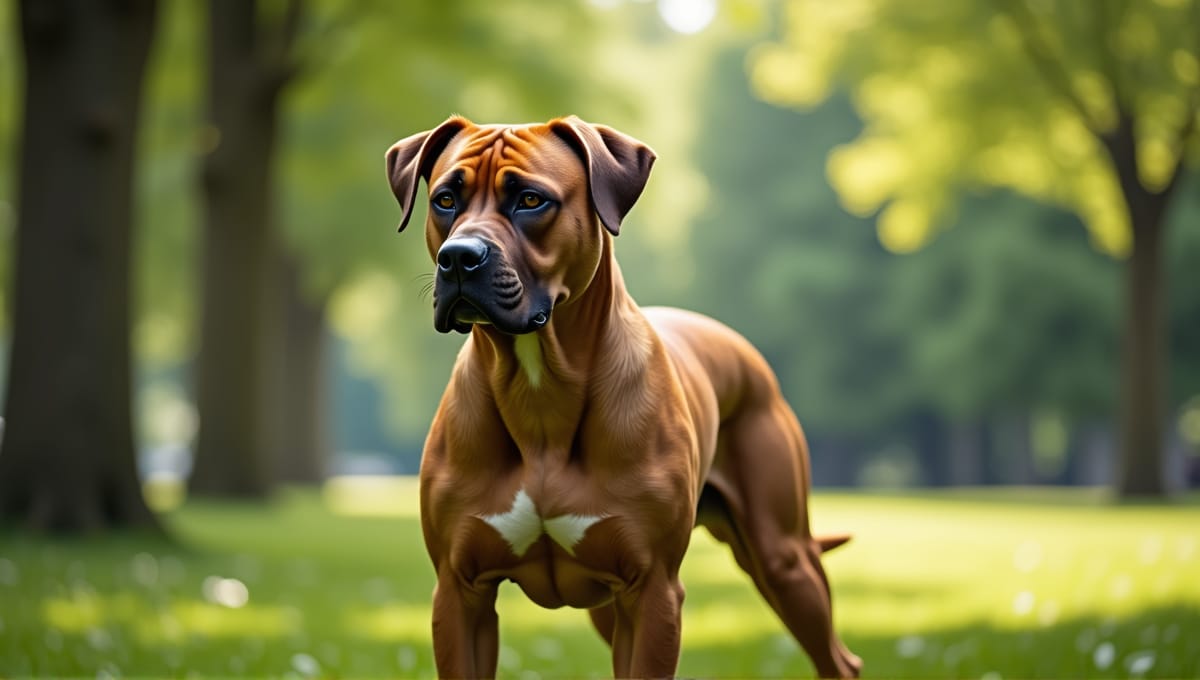teacup dog breeds are miniature dogs that can literally fit in the palm of your hand. They’re adorable, but they require a lot of care. I’ve seen plenty of owners who didn’t realize just how much care these tiny dogs require. So, is a teacup breed right for you? Let’s discuss the truth about these tiny pets and what it’s actually like to own them.
Understanding Teacup Dog Breeds
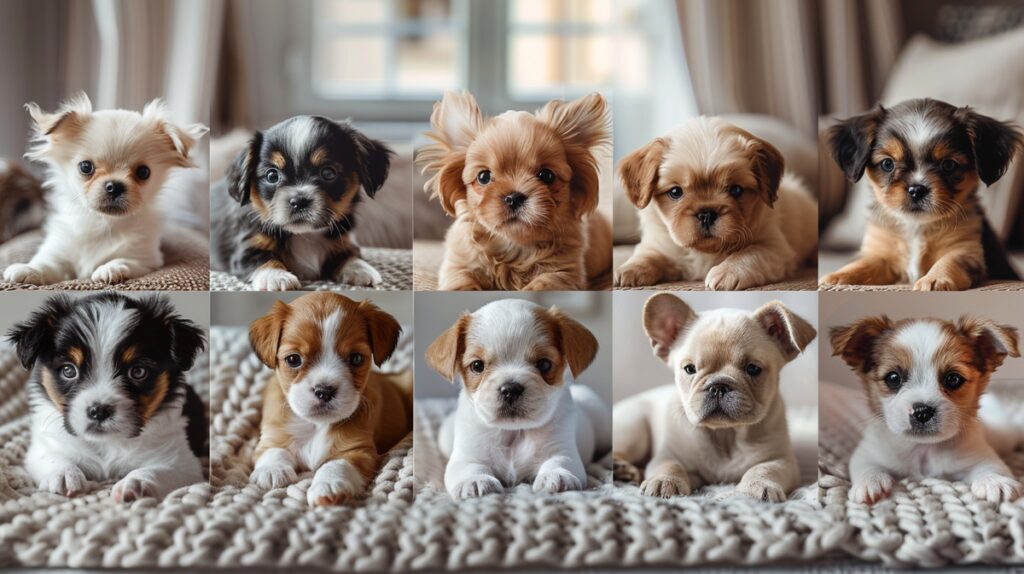
Teacup dogs are miniature versions of small dog breeds. They weigh 4 pounds or less and are no taller than 17 inches. These mini mutts have exploded in popularity, as many people can’t resist the adorableness of their small size.
The term “teacup” is not an official classification of a breed. It’s a term used by breeders and marketers to describe extremely small dogs. Typically, breeders produce these dwarf dogs by breeding runts from litters. This breeding practice has led to some controversy in the dog community.
So why are teacup dogs controversial?
- Health issues resulting from their tiny size
- Unethical breeding to produce runts
- Misrepresentation of breed standards
- Exploitation for the sake of profits
What’s the difference between teacup, toy, and miniature breeds? Teacups are the tiniest unofficial size. Toy breeds are small dogs but slightly larger than teacups. Miniature breeds are the largest of the three and still classified as a small breed.
I’ve witnessed how these small dogs can easily captivate people’s hearts. However, it’s important to understand the difficulties they face. Whenever someone asks my opinion as a dog expert, I always recommend doing your own research before bringing a teacup home.
Popular Teacup Dog Breeds

Here are a few of the most popular teacup dog breeds that I’ve seen in my career and some information about each of them.
Teacup Chihuahua:
Weight: 2-3 pounds
Height: 6 inches and under
Personality: Feisty, confident, loyal
Teacup Pomeranian:
Weight: 3-4 pounds
Height: 6-7 inches
Personality: Lively, outgoing, affectionate
Teacup Yorkie:
Weight: 2-3 pounds
Height: 5-7 inches
Personality: Energetic, brave, sometimes stubborn
Teacup Maltese:
Weight: 2-4 pounds
Height: 6-8 inches
Personality: Gentle, playful, adaptable
Teacup Poodle:
Weight: 2-4 pounds
Height: 6-8 inches
Personality: Intelligent, active, easy to train
Teacup Pug:
Weight: 3-4 pounds
Height: 6-8 inches
Personality: Charming, mischievous, loving
These miniature versions of popular breeds are certainly cute, but they often come with their own set of problems. While many people assume that they require less care, the opposite is often true. Many of these tiny teacups need more attention and special care than their larger counterparts.
Health Concerns and Lifespan
Teacup dogs suffer from a variety of health issues due to their diminutive size. Their small bodies are more susceptible to a range of problems. In my experience working with dogs, I’ve witnessed many of these issues.
Common health problems in teacup breeds include:
- Hypoglycemia
- Hydrocephalus
- Heart problems
- Brittle bones
- Dental issues
- Respiratory problems
Teacup dogs also surprisingly have a shorter lifespan than Standard-sized dogs of the same breed. For example, while a regular Chihuahua might live for 12-20 years, a teacup Chihuahua may only survive for 7-12 years. The reason for this is the myriad health issues.
Genetic predispositions are a significant factor in the health issues of teacup dogs. Selecting for an extremely small size can worsen genetic problems. It’s vital that you take the time to choose a good breeder if you’re committed to getting a teacup dog.
Also, these tiny dogs require frequent veterinary care. They should visit the vet often for general health checkups. However, when choosing a vet, look specifically for a vet accustomed to providing care for teacup dogs. Most veterinarians can’t easily treat these dogs.
Caring for Teacup Dog Breeds
Caring for a teacup dog requires special care, as they have unique care requirements due to their small size.
Teacup dogs have unique nutritional needs, and it can be challenging to ensure they receive enough nutrients and calories. They have a high metabolism, so you will need to feed them small, frequent meals throughout the day. Additionally, be sure to consult with your vet about the best food for your teacup dog.
Exercise is important, but be careful not to overexert your teacup dog as they can get tired easily. They are also prone to injury, so monitor them closely during exercise. A few short walks and some indoor playtime are ideal. Again, grooming a teacup dog requires:
- Regular teeth brushing
- Gentle baths with quality dog shampoo
- Carefully trimming their nails
- Cleaning their ears to prevent infections
Also, be mindful of the temperature as these dogs can easily become too cold or too hot. You will need to provide warm bedding and clothing in cold weather, and protect them from the heat in warm weather. Finally, start socializing and training your teacup dog as soon as you bring them home. Use positive reinforcement and keep training sessions short and sweet. Additionally, be patient when training a teacup dog, as they can be a little skittish due to their small size.
In my experience, teacup dogs tend to form strong bonds with their owners and love attention and affection. With some extra care, they can make great pets.
Pros and Cons of Owning

Owning a teacup dog has its pros and cons. Let’s discuss both to help you decide whether it’s the right choice for you.
Pros of teacup breeds:
- Highly portable can easily carry them
- Less space required great option for small living spaces
- Lower food costs as you’ll feed them smaller amounts
- Can get away with living in housing with pet restrictions
- Cuteness factor they’re undeniably cute
Cons and challenges:
- Fragile and susceptible to injury
- Various health issues
- Challenging to potty train
- Behavioral problems from being overprotective
- Higher vet bills to treat their health problems
- Short lifespan as they don’t live as long as larger breeds
Teacup dogs are a good fit for specific lifestyles. They’re excellent for people living in a small apartment or those who can’t physically manage a larger dog. However, they’re not a great choice for families with small children or very active people.
Consider the financial factors when deciding whether to get a teacup dog. While you’ll spend less on food bills they’re likely to cost you a lot in vet bills due to health problems. Additionally, you’ll need to purchase special care items, clothing, and accessories.
In my opinion, teacup dogs are excellent pets for the right owner. They require a lot of care and attention, and if you’re willing to provide it, they give you a lot of love in return despite their small size.
Selecting and Acquiring a Teacup Dog
To ensure you’re getting a healthy teacup dog, you need to do your research and find a reputable breeder or consider adopting from a rescue.
When evaluating breeders look for breeders that:
- Provide health certificates of the dog
- Allow you to visit and see the living conditions of the puppies
- Have positive reviews and references from other buyers
- Seem knowledgeable about the breed and its health problems
Another great option is adoption. Many teacup dogs are relinquished to shelters or rescues. When you adopt from a shelter, they often provide some medical care, and they can tell you about the dog’s personality.
Questions to ask before buying/adopting:
- What health testing has been done on the parents and puppies?
- How much does the dog currently weigh, and how big is he/she is expected to get as an adult?
- Can you offer a health guarantee?
- What vaccines and deworming has the dog received?
Watch for red flags like breeders who won’t let you visit, pushy sellers who try to get you to buy quickly, and prices that seem too good to be true. These are all signs of unethical breeding practices.
When considering the cost of a teacup dog, think about more than just the purchase price. Consider ongoing costs like food, veterinary care, grooming, and general supplies. Additionally, many teacup dogs may need specialty items, which often cost more.
I’ve seen a lot of people fall in love with the idea of a teacup dog and fail to understand the commitment which it is. Don’t rush into anything, make an informed decision, and then you can be prepared for the responsibility of caring for these tiny dogs.
Legal and Ethical Considerations
The teacup dog world is riddled with legal and ethical concerns. I’ve been involved in the dog world for many years, and irresponsible breeding is one of the major issues I’ve seen.
Teacup dog breeding is largely unregulated, and as a result, many of these dogs have health problems. Some countries have started passing laws to protect teacup dogs, but enforcement is difficult.
The primary concern in the teacup dog debate is animal welfare. Due to their tiny sizes, teacup dogs often have serious health problems. For this reason, many animal rights organizations are against teacup dog breeding.
Breed standards and recognition:
- “Teacup” is not an official size recognized by most kennel clubs.
- Breeding dogs to be extremely small violates many breed standards.
- Many breeders use the “teacup” label as a marketing ploy.
The legal and ethical issues regarding teacup breeds are still being resolved. Proponents argue that there’s a market demand for extra small pets. Meanwhile, opponents argue that breeding dogs to be so small is inherently bad for the dogs.
Consider these issues before you purchase a teacup dog. And ensure that you make an ethical decision that benefits the dog versus your own desires. After all, a dog is a living creature, not a toy.
Teacup dogs are high maintenance, so they’re not suitable for everyone. If you’re up for the task, however, these pint-sized dogs offer plenty of happiness. Just always put their health first. Select carefully, love passionately, and offer excellent care. In return, your teacup friend will repay you with a lifetime of love. It’s a lot of responsibility in a little body.


